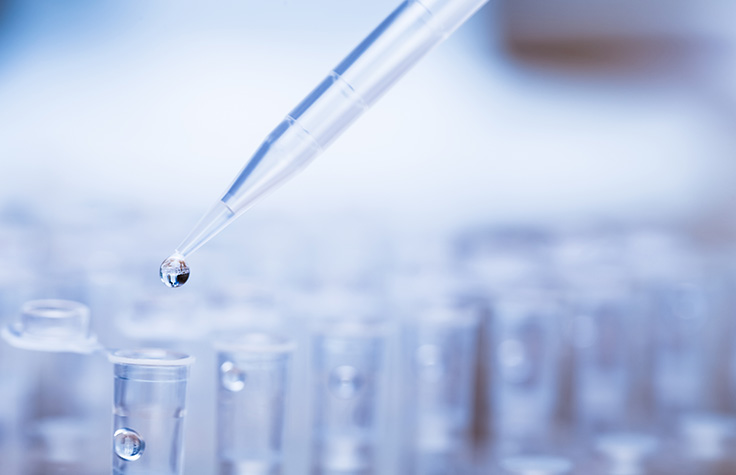Unique Molecular Identifiers
Sequencing Accuracy with Unique Molecular Identifiers
Reduce false-positive variant calls and increase sensitivity of variant detection

What Are Unique Molecular Identifiers?
Unique molecular identifiers (UMIs) are a type of molecular barcoding that provides error correction and increased accuracy during sequencing.
These molecular barcodes are short sequences used to uniquely tag each molecule in a sample library. UMIs are used for a wide range of sequencing applications, many around PCR duplicates in DNA and cDNA. UMI deduplication is also useful for RNA-seq gene expression analysis and other quantitative sequencing methods.

Benefits of Unique Molecular Identifiers
Sequencing with UMIs can reduce the rate of false-positive variant calls and increase sensitivity of variant detection. Since each nucleic acid in the starting material is tagged with a unique molecular barcode, bioinformatics software can filter out duplicate reads and PCR errors with a high level of accuracy and report unique reads, removing the identified errors before final data analysis.
Unique Molecular Identifiers vs Unique Dual Indexes
While both technologies are useful for multiplexing and demultiplexing during downstream data analysis, a key difference is that UMI sequencing labels each molecule in a sample with a unique sequence prior to PCR amplification.
With unique dual indexes (UDIs), each sample index is specific to a given sample library. All nucleic acids in a sample are labeled with the same sequence tag, and the resulting library is pooled with other libraries and sequenced in parallel in a single run.
How Does UMI Work?
UMIs incorporate a unique barcode onto each molecule within a given sample library. By incorporating individual barcodes on each original DNA fragment, variant alleles present in the original sample (true variants) can be distinguished from errors introduced during library preparation, target enrichment, or sequencing.
Frequently Purchased Together
Ask an expert how you can get the most with Illumina Library Prep
We'll walk through your needs and make recommendations.